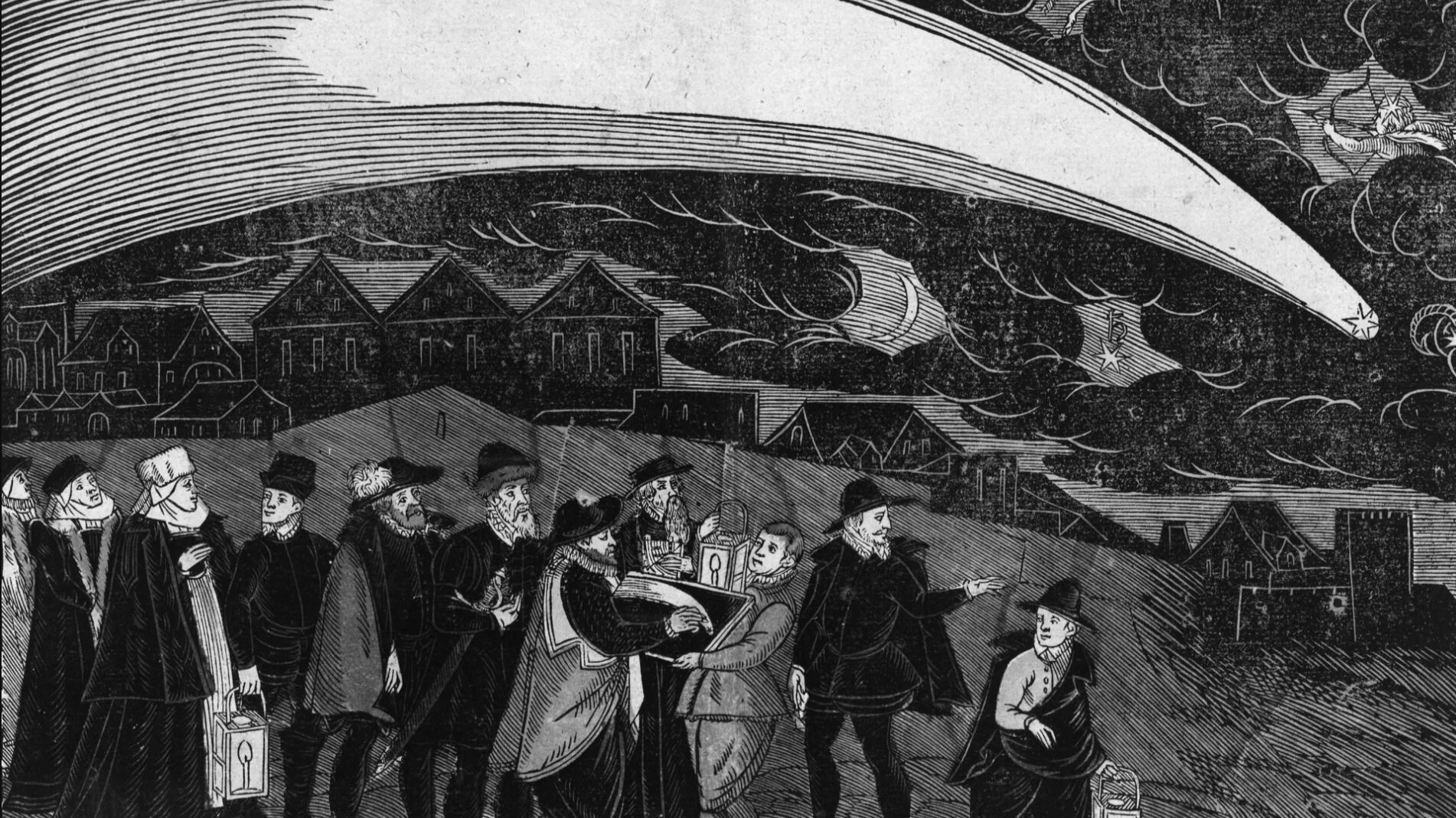LTEN 110: SCIENCE IN THE RENAISSANCE
COURSE DESCRIPTION
This course will explore the development of the sciences during the Renaissance. How did writers of this period negotiate the tensions between newer and older forms of knowledge production? What dangers, both real and imagined, did these new forms of knowledge production pose to the people of Renaissance England? How were these new methods pressed into the service of geopolitical and religious agendas? How did the rise of this “New Science” shape the relationship of the sciences to religion? To consider these issues and more, we will examine the scientific writings of Francis Bacon, Galileo Galilei, Margaret Cavendish, Robert Boyle, and Isaac Newton; the poetry of Lucretius, John Donne, and John Milton; the essays of Montaigne; and the drama of William Shakespeare and Christopher Marlowe, specifically A Midsummer Night’s Dream, The Tempest, and Doctor Faustus.
REQUIRED TEXTS
Margaret Cavendish: The Blazing-World (Penguin, ISBN: 978-0140433722)
Lucretius: On the Nature of the Universe (Oxford, ISBN: 978-0199555147)
Christopher Marlowe: Doctor Faustus (Oxford, ISBN: 978-0199537068)
William Shakespeare: A Midsummer Night’s Dream (Pelican, ISBN: 978-0143128588)
William Shakespeare: The Tempest (Pelican, ISBN: 978-0143128632)
*All texts marked with an asterisk (*) are available on TritonEd.
COURSE REQUIREMENTS
Participation: 20%
Weekly Responses (#1-4): 40%
Final Paper: 40%
*Students must fulfill all course requirements in order to pass the course.
COURSE SCHEDULE
8/6-9: Introduction + Religion and Science
8/6—Introduction
8/7—Lucretius, On the Nature of the Universe (1417):
Book 1 (1-172, 215-249, 265-345, 418-502, 599-614, 921-1040)
Book 2 (1-141, 216-263, 644-660, 1048-1175)
Book 3 (31-176, 258-358, 830-1094)
Book 4 (1058-1287)
Book 5 (925-1457)
Book 6 (1-41, 1090-1286)
8/8—*Galileo, “Letter to the Grand Duchess Christina” (1615)
8/9—*Francis Bacon, New Organon (1620):
Preface
Book 1: Aphorisms 1-77, 82, 92, 95, 100, 104-5, 108-10, 117-19, 122, 124-27, 129-30
8/13-16: How Do We Come to Know?
8/13—*John Milton, Paradise Lost, Book 9 (1667)
8/14-15—William Shakespeare, A Midsummer Night’s Dream (1600)
8/16—*Michel de Montaigne, “On experience” (1580)
8/20-21: The Supernatural and the “Occult”
*Michel de Montaigne, “On the lame” (1580); Response #2 due 8/20
Christopher Marlowe, Doctor Faustus (1616)
8/22-23: Poetry and Science
8/22—*John Donne, Poems (1633):
“Goodfriday, 1613. Riding Westward”
“Hymne to God, my God in my Sicknesse”
“Loves Alchymie”
“To His Mistris Going to Bed”
“A Valediction: Of Weeping”
“A Valediction, Forbidding Mourning”
“A Nocturnall upon S. Lucies Day, Being the Shortest Day”
Recommended: “An Anatomy of the World”
8/23—*Margaret Cavendish, Poems and Fancies (1653):
“To All Noble and Worthy Ladies”
“To Natural Philosophers”
“Nature Calls a Counsel”
“A World Made by Atoms”
“All Things are Governed by Atoms”
“Vacuum in Atoms”
“Of Many Worlds in this World”
“A World in an Earring”
“Of Sense and Reason Exercised in Different Shapes”
8/27-9/6: The Geopolitics of Science
8/27-28—William Shakespeare, The Tempest (1623)
8/29-30—*Francis Bacon, New Atlantis (1627)
9/3—No class (Labor Day)
9/4-5—Margaret Cavendish, The Blazing-World (1666)
9/6—Conclusion
